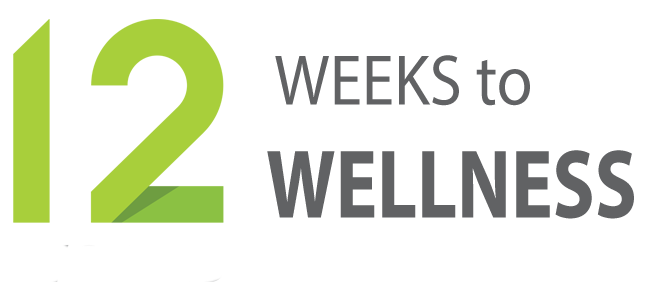This Women’s Health Month, we’re spotlighting a powerful opportunity to rethink how we support women at work—starting with something as foundational as fitness.

Traditional wellness programs have often been modeled on male physiology, overlooking the unique needs of women across their hormonal life stages. But science—and employee experiences—are pushing us to evolve.
As part of our inclusive wellness strategy, we’re highlighting insights from Dr. Stacy Sims, a leading expert in female physiology, whose research is reshaping how women train, eat, and recover. Her core message?
“Women are not small men. We have different hormone profiles, different stress responses, and different needs across our lifespan.”
It’s time our wellness approach reflected that.
Why This Matters Now
Recent research highlights a persistent gender gap in how burnout and health issues show up at work:
- According to a 2024 Fortune report, 44% of women say they are burned out, compared to 36% of men.
- A Gallup survey found that 1 in 2 working women feel stressed “a lot of the day,” versus just 4 in 10 men.
- 80% of mid-career women experience menopause symptoms that affect job performance—yet most receive little to no workplace support (CIPD, 2023).
- Organizations that invest in gender-responsive wellness see up to 22% higher engagement and 28% lower turnover among women employees (McKinsey, 2023).
The message is clear: inclusive wellness is no longer optional—it’s essential.
A Shift in Strength: The Case for Lifting Heavy
Historically, women were steered toward light weights and high reps. But current science—including research from Dr. Sims—shows that lifting heavier weights is not only safe, it’s essential for women’s long-term health.
Benefits include:
- Preserving lean muscle mass and bone density as estrogen declines
- Improving metabolic health and blood sugar regulation
- Reducing stress and supporting mental resilience
- Enhancing energy and vitality—especially during perimenopause and menopause
Yet many women still hesitate to try strength training due to lack of guidance, outdated myths, or limited access to coaching.
Our Recommendation: Pilot a Women-Centered Fitness Coaching Program
To better support your team, we recommend offering:
- Fitness coaching and small group sessions focused on safe, progressive strength training
- Workshops grounded in research that explain how women can adapt their training across life stages
- Flexible scheduling options that support varying energy levels throughout the month
These services will empower women to train with confidence, strength, and science on their side.
How This Supports Our Broader Goals
This initiative aligns directly with our wellness, inclusion, and retention strategies by:
- Addressing health disparities through gender-responsive design
- Supporting productivity, physical resilience, and mental health
- Creating a culture where all employees feel seen, valued, and supported
Note: While this initiative focuses on cisgender women, we recognize that hormonal health and strength training are relevant for many gender identities. An inclusive wellness approach welcomes diverse needs and lived experiences.
Next Step: Let’s Lead the Shift
To kick off this evolution, we’re exploring a summer pilot for a strength-based wellness coaching series designed specifically for women’s needs.
If you’re interested in participating, sharing feedback, or helping shape the pilot, reach out to the Wellness Team at [email protected].
Let’s reimagine wellness—together. Because when women thrive, we all thrive.
Sources
- Workplace burnout rates are higher for women than men | Fortune
- More Than a Program: A Culture of Women’s Wellbeing at Work
- Women Are Experiencing a Mental Health Crisis. What That Means for Employers
- Impact of menopausal symptoms on work and careers: a cross-sectional study – PubMed
- Womens-Health-Issue-Brief-Menopause.pdf
- UK women say menopause hurts career progression, study shows
- Dr Stacy Sims
Author: Emma Carpenter
President and Workplace Wellness Strategist, BSC, Health Promotion
Emma has over 20 years of experience in the area of leadership and workplace health promotion and has worked with many private sector and public organizations in Canada and Europe helping them build a health promoting culture and design custom wellness solutions. Emma is passionate about designing workplace wellness solutions that help people reach their full potential by empowering them and giving them confidence and tools to make lasting lifestyle changes.
